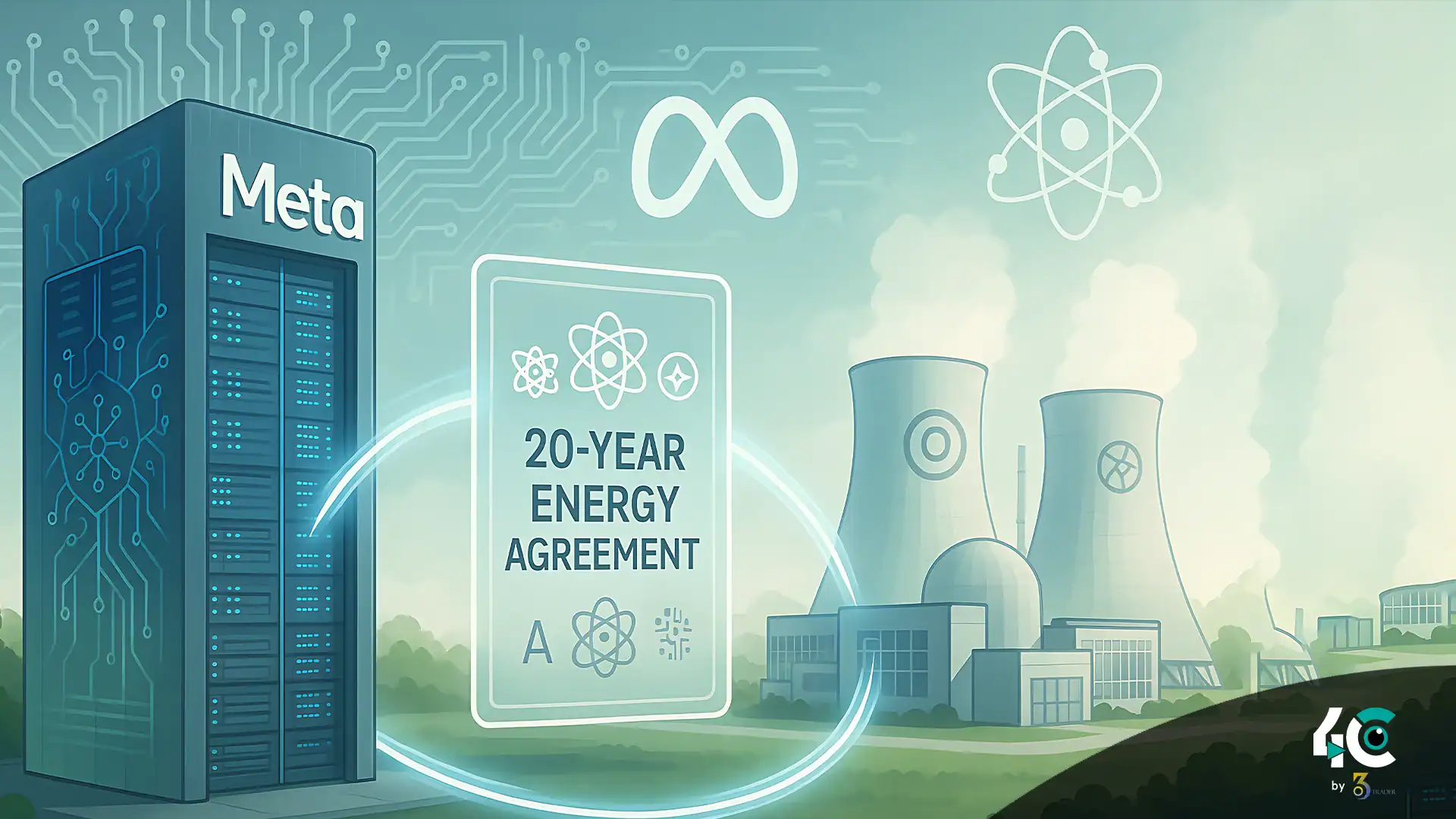Meta Signs 20-Year Deal for Nuclear Energy to Power AI
Meta is going all-in on its AI dreams by going nuclear, in a manner of speaking. The company signed a 20-year agreement with Constellation Energy to procure the mother lode of electricity from the Clinton Clean Energy Center, in Illinois, starting in 2027. This means the firm’s data centers and AI workload will run on a reliable and long-term zero-carbon source for decades.
Meta’s use of AI technology in their Facebook and Instagram products is growing and beginning to demand more energy. The International Energy Agency says the power consumption related to A.I. could more than double by 2030. It will consume more electricity than the entire country of Japan.
Taking the long view on energy challenges, Meta stated that reliable, sustainable electricity is essential. The company noted, “As we scale AI, we view nuclear as a critical part of meeting our growing energy needs.”
Climate change has helped us realize it is worth trying. Meta’s backing will allow the operation of the Clinton plant after 2027 without the use of Illinois’ Zero Emission Credit program, which had previously supported the plant. In addition, the agreement will sustain more than 1,100 jobs and generate $13.5 million each year in local taxes.
Until 2017, the company was incurring losses in large amounts and was near closure, but now the plant seems financially secure. According to the industry experts, this could be helpful for other technology firms confronting rising demand for clean energy to run data-heavy technologies.
As part of its goal of 1 to 4 gigawatts of clean energy, Meta is looking at more nuclear options and is in final talks with other suppliers. The tech giant’s involvement suggests how important Big Tech has become to the nuclear energy industry, which is undergoing a renaissance after a long decline.
Illinois lawmakers have welcomed the news. Representative Regan Deering hailed the deal as a “forward-thinking investment” that should bolster the state’s economy.
Meta is betting on nuclear power. This could change the way we think about technology and clean energy. In addition, this investment will be very important for its businesses. Importantly, technology must adapt with AI becoming very power-hungry.



























